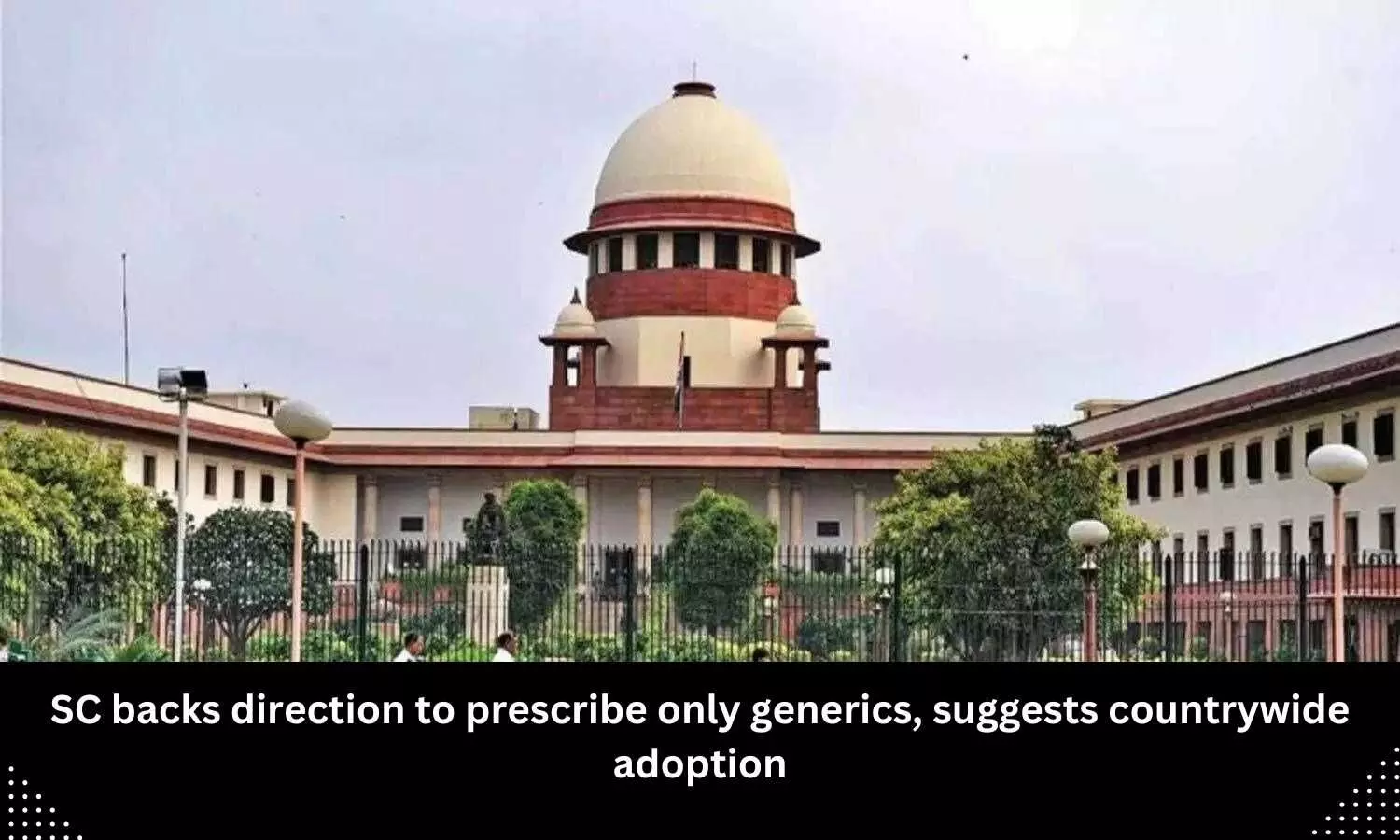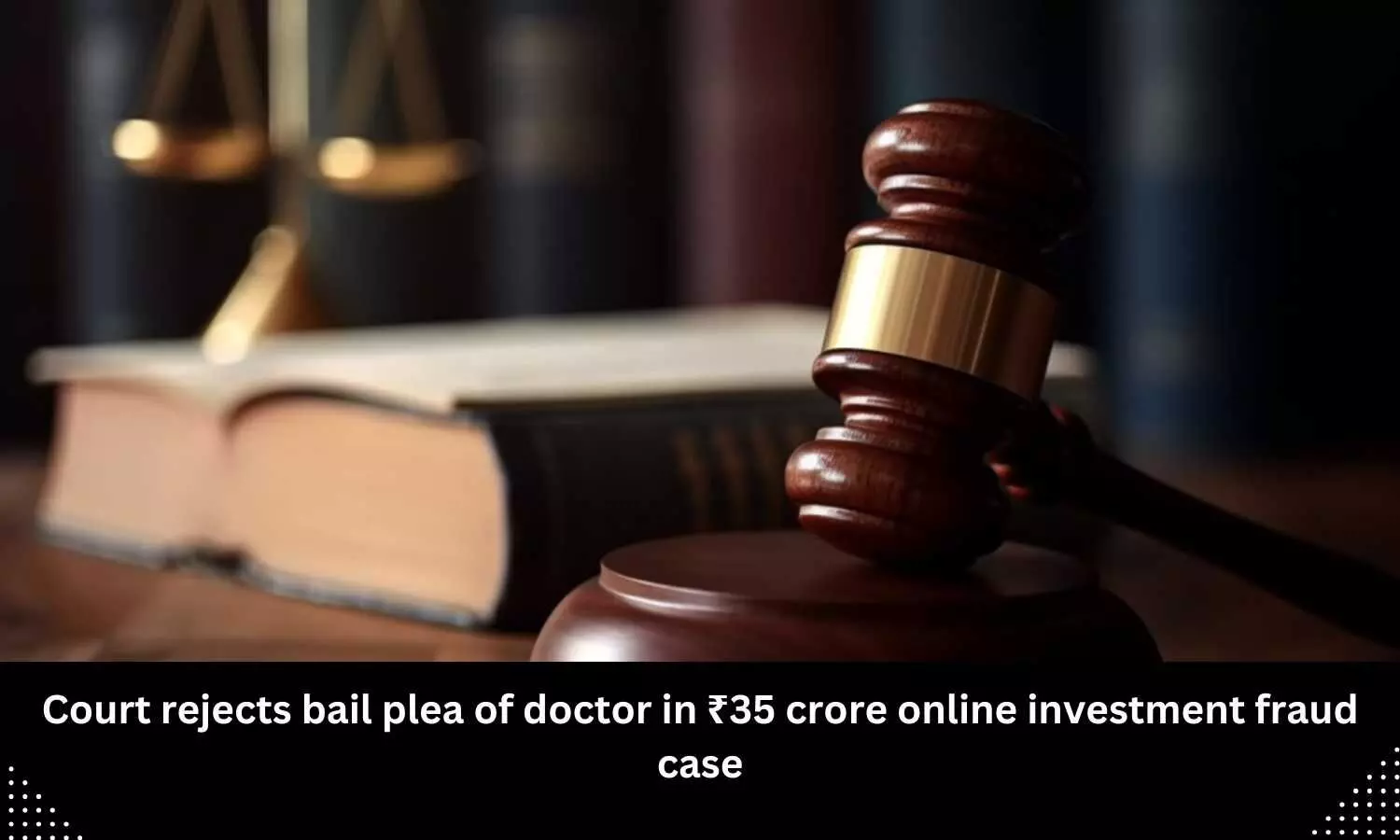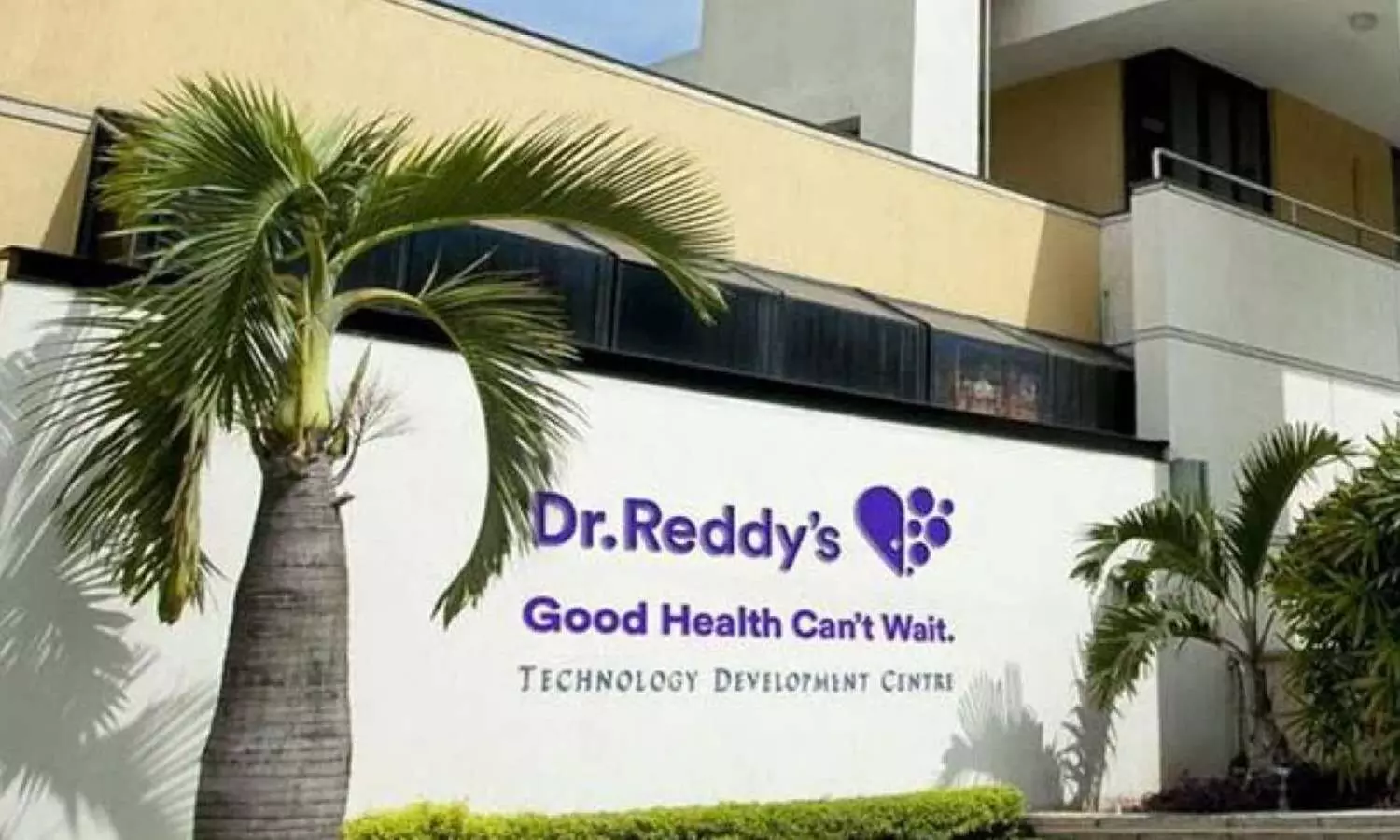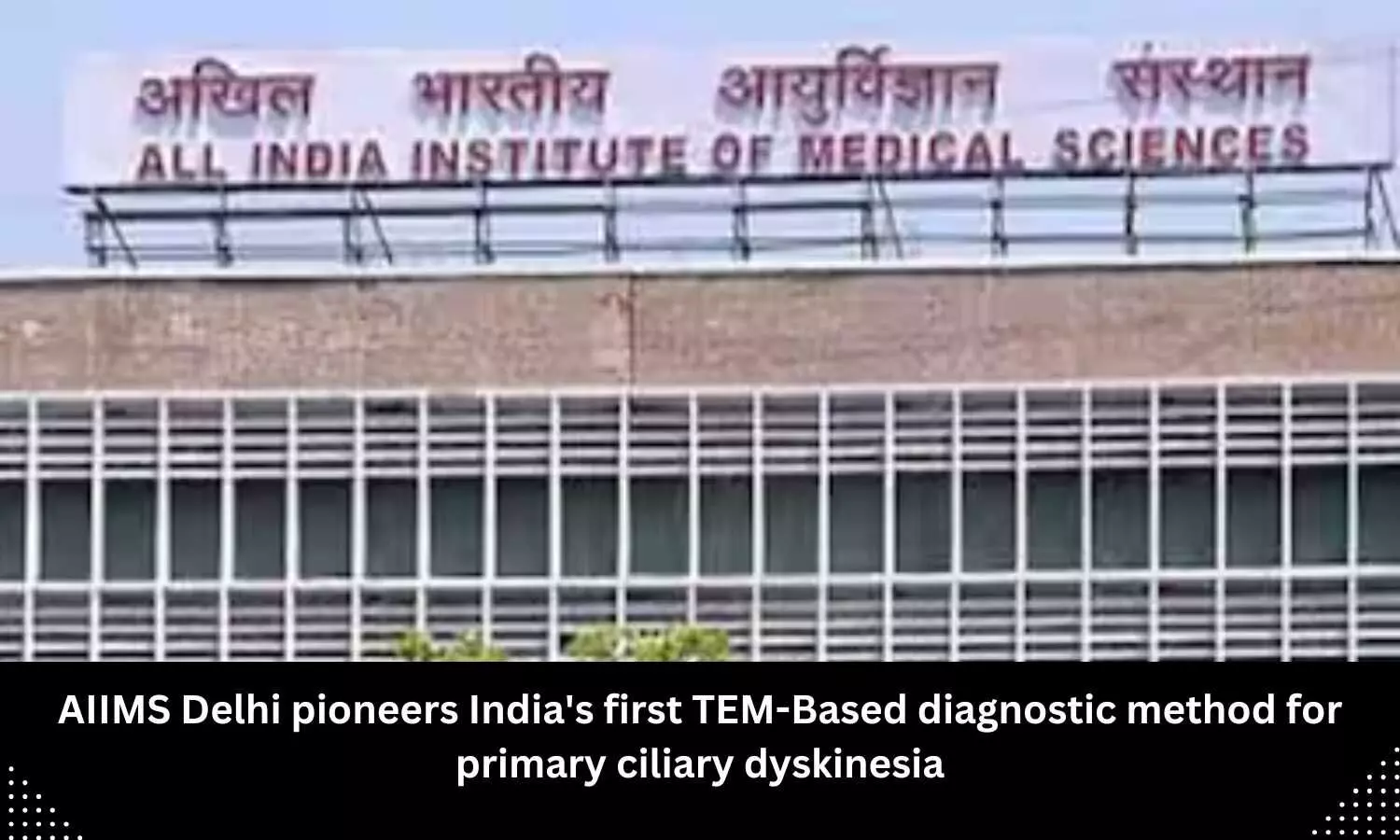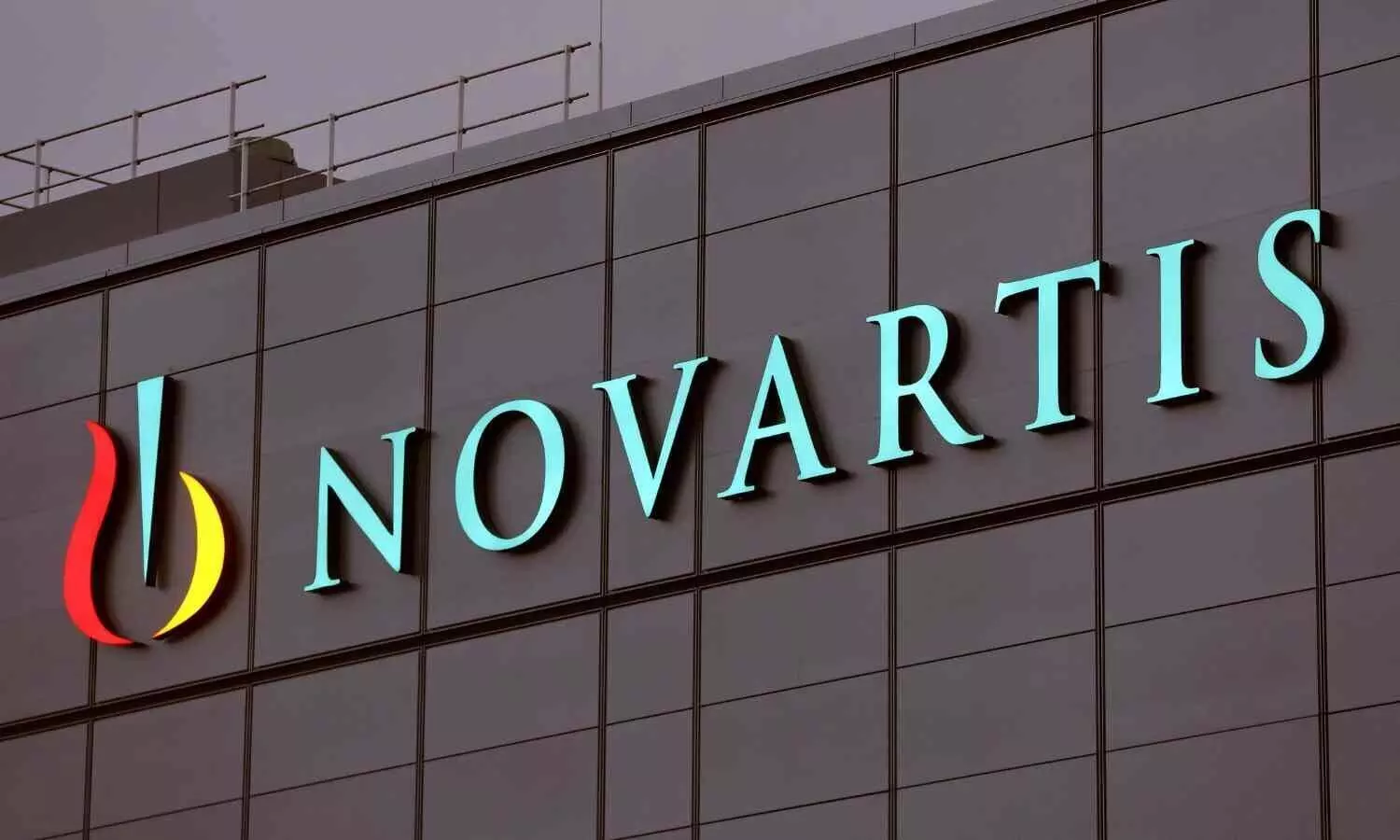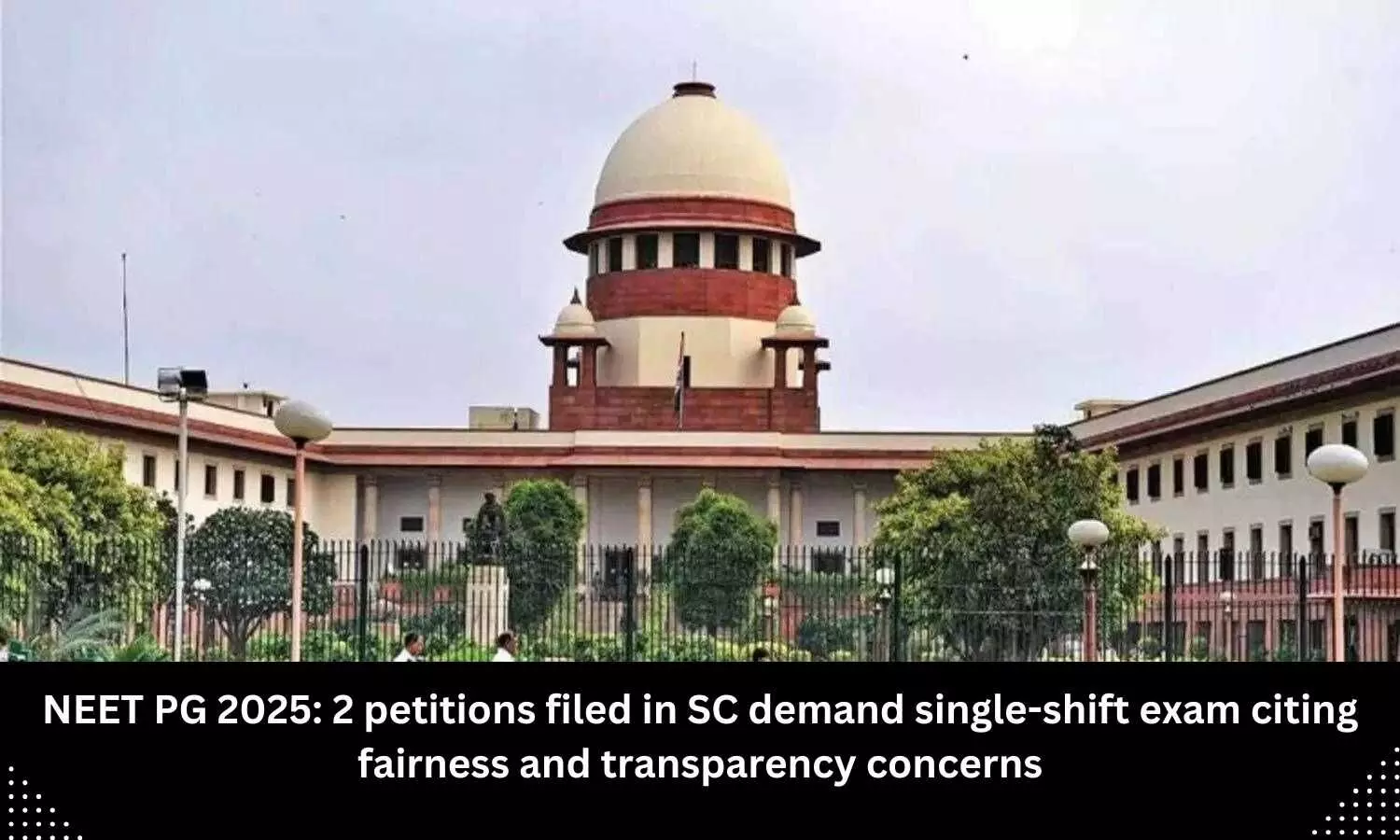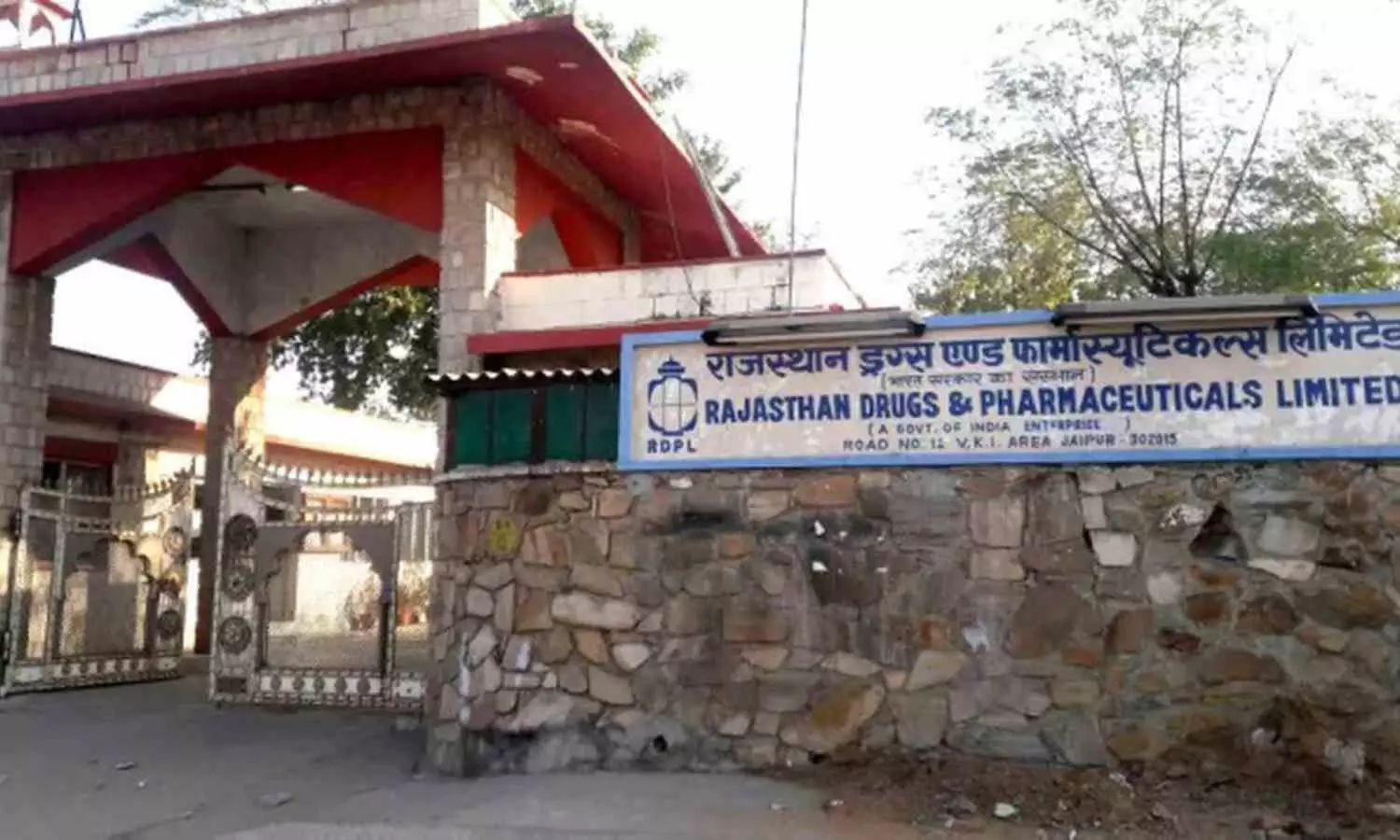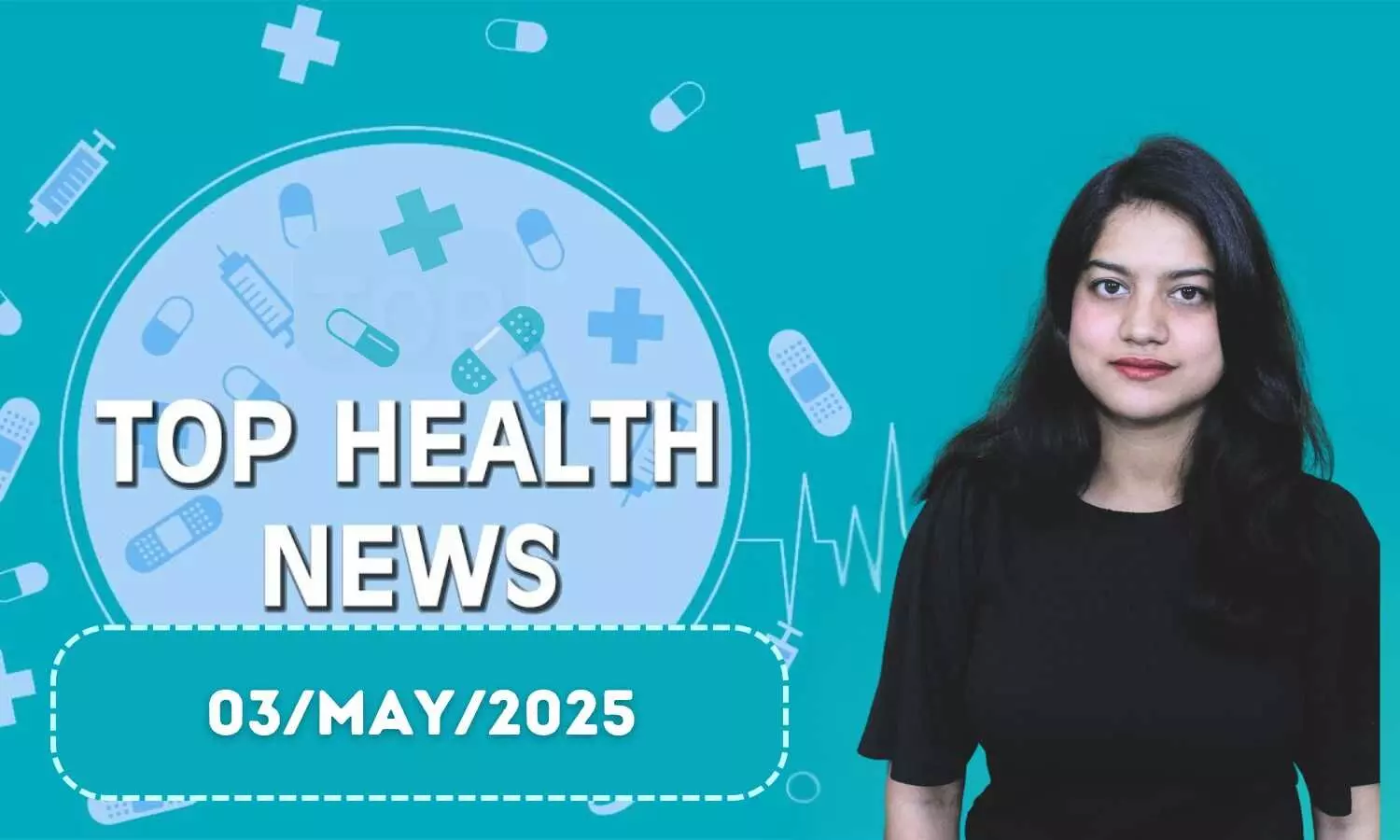Not a Nice Time For Dr Reddy’s? DTAB, CDSCO Recommend Stringent Restrictions on Nimesulide
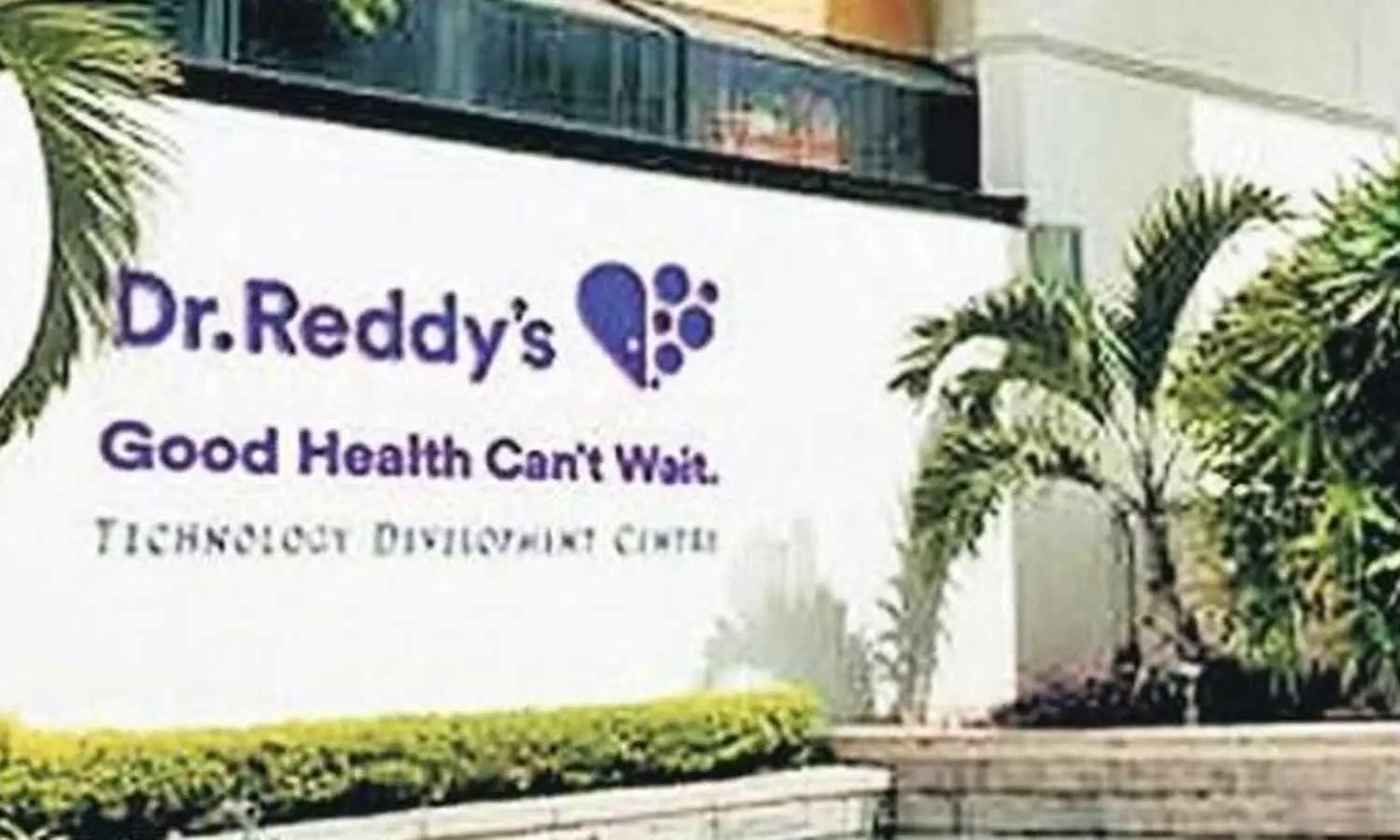
New Delhi: Nimesulide, a widely used painkiller in India, is facing renewed regulatory scrutiny over its safety profile, with India’s apex drug advisory committee, recommending that the drug not be used as a first-line treatment and that high-dose oral formulations above 100 mg be prohibited.
However, Dr Reddy’s Laboratories, one of the largest marketers of the drug under the brand name ‘Nise’, has defended its safety and efficacy, asserting that the drug is supported by years of clinical research and that it does not sell formulations exceeding 100 mg. The company has also submitted detailed representations to regulatory authorities and expert panels to prevent a blanket ban.
During a recent meeting, the DTAB examined an Indian Council of Medical Research (ICMR) report on the drug’s effects in adults and recommended several restrictions. While acknowledging that Nimesulide remains effective for short-term fever relief, the board advised that it should only be used as a second-line treatment, after exhausting first-line options.
The DTAB also supported ICMR’s recommendations to prohibit oral formulations of Nimesulide above 100 mg in immediate release form and advised against its use in pregnant or lactating women, those planning pregnancy, and patients with liver or kidney impairment. It also recommended avoiding co-administration with other hepatotoxic or nephrotoxic drugs. Further, the committee has asked ICMR to conduct a systematic review of the drug’s use in vulnerable age groups—including children below 12, adolescents between 12 and 18, and seniors above 60—for future deliberation.
Nimesulide, a non-steroidal anti-inflammatory drug (NSAID), was launched in Italy in 1985 but has never been approved in the US, UK, Canada, Australia, Japan, or New Zealand due to safety concerns. Approved in India in 1995 for treating pain, inflammation, and fever, it became popular for its rapid onset of action. It is marketed under various brand names in India, including Nise, Nimrest, Nimopen, Nicip, and others, in 100- or 200-mg dosage strengths.
Last year, amid concerns over its potential to cause liver damage, the Union Health Ministry asked the ICMR to assess its safety in adults. The ICMR had earlier considered recommending a nationwide ban but was instead directed by the DTAB to conduct a detailed review in specific populations.
In its report, the ICMR proposed banning all formulations above 100 mg and suggested adding a “black box” warning on all products containing the drug.
According to a News18 report, an 11-page ICMR report called upon nimesulide’s poor safety profile and recommended that it be reserved only as a second-line treatment.
Dr Reddy’s Defends Nimesulide Amid Safety Concerns
Despite these concerns, Hyderabad-based pharmaceutical company Dr Reddy’s Laboratories—India’s largest seller of branded nimesulide—has strongly defended the drug.
In a statement to News18, the company said, “Robust research and clinical trials have consistently established the safety and efficacy of Nimesulide, when used as prescribed.” It also stated that it does not market doses above 100 mg and clarified its prescribing guidelines: “Nimesulide is not recommended for use in pregnant or lactating women and patients with renal or hepatic impairments.”
In a letter submitted to the Drug Controller General of India, ICMR, and Directorate General of Health Services, the company argued against banning the drug, citing multiple court rulings and past DTAB evaluations affirming its safety.
“We wish to highlight that the subject matter of the safety of Nimesulide came before various courts such as the High Court of Judicature at Delhi and Madras in 2004, and again in 2008, and most recently before the Delhi High Court in 2023,” the letter stated.
Dr Reddy’s noted that “no causal relationship with serious liver toxicity or Reye’s Syndrome… was reported by any of these experts” and that “DTAB and other independent bodies have consistently found no significant adverse effects.”
The company reiterated that the drug remains safe when used appropriately and submitted additional safety data from Indian and international sources, including the WHO, to support its claim.
“We submit that the data enclosed clearly establish Nimesulide’s safety as one of the highest in its category,” stated Sandeep Khandelwal, Head – India Sub-Continent, Dr Reddy’s Laboratories.
According to market data from Pharmarack, Dr Reddy’s ‘Nise’ brand generated a moving annual turnover (MAT) of Rs 94 crore as of March 2025, followed by Mankind Pharma, Maneesh Pharmaceuticals, and IPCA Labs.
The International Society of Drug Bulletins (ISDB), supported by the World Health Organization, had in 2008 called for a global withdrawal of nimesulide. “It offers no therapeutic advantage or better gastrointestinal safety compared with other NSAIDs, whereas it exposes patients to a higher risk of fatal hepatic disorders,” the ISDB had noted.
In response to these concerns, India banned nimesulide for children under 12 in 2011. More recently, the Union Health Ministry, following advisory board recommendations, banned its veterinary use in January 2025 to protect the vulture population.
Globally, the European Medicines Agency restricted nimesulide’s use to adults in 2002, and many countries, including the UK, US, Canada, Australia, Singapore, and Japan, have either banned or severely restricted it. Today, India and Pakistan remain among the few countries where it is still widely available for adult use.
Powered by WPeMatico


